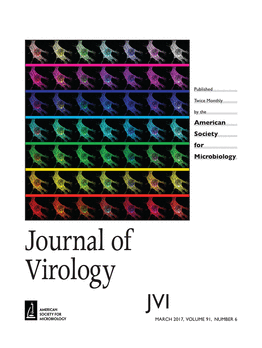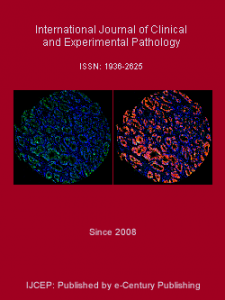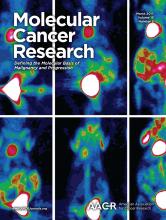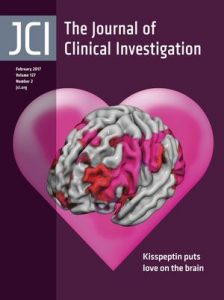 A researcher in Germany has been banned from seeking money from the largest independent research funder in the country for five years after an investigation by her former employer found her guilty of misconduct.
A researcher in Germany has been banned from seeking money from the largest independent research funder in the country for five years after an investigation by her former employer found her guilty of misconduct.
According to a recent announcement from the Deutsche Forschungsgemeinschaft (DFG), scientist Tina Wenz cannot apply for any DFG funding for five years, after a probe by the University of Cologne in Germany concluded she should retract six papers over misconduct.
A spokesperson for the DFG told us the agency funds more than 30,000 projects per year, and since 1998, has announced a ban due to data manipulation or misconduct only 10 times.
Continue reading German funder bans researcher for five years following misconduct probe

 Two journals have retracted two papers by the same group within months of each other, after editors were independently tipped off that they contained duplicated figures representing different experiments.
Two journals have retracted two papers by the same group within months of each other, after editors were independently tipped off that they contained duplicated figures representing different experiments. A scientist who sued his employer for millions of dollars has earned two more retractions, for papers that had already been flagged by the journal.
A scientist who sued his employer for millions of dollars has earned two more retractions, for papers that had already been flagged by the journal.
 A group of researchers in France has been forced to retract their 2002 article in the
A group of researchers in France has been forced to retract their 2002 article in the 
 Pfizer has retracted a paper by a former employee who was fired after the company discovered she had been doctoring data.
Pfizer has retracted a paper by a former employee who was fired after the company discovered she had been doctoring data.
